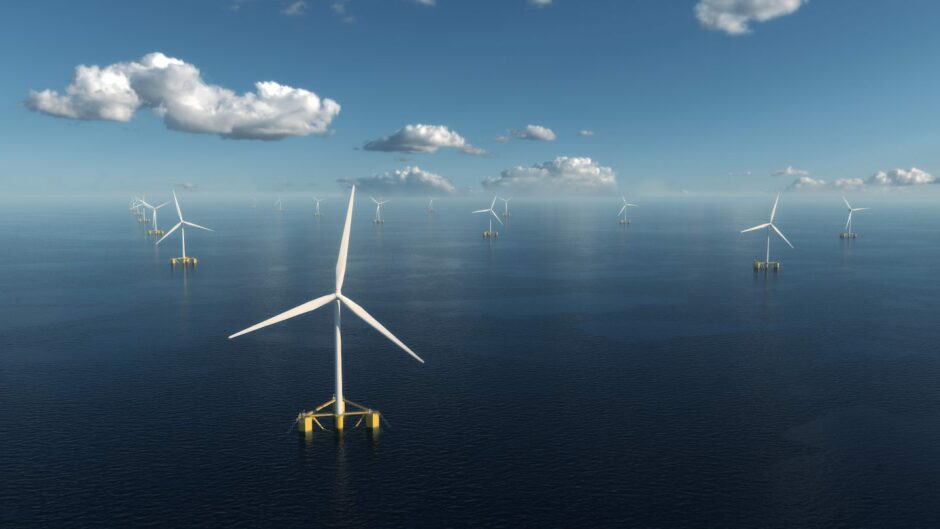
Siemens Energy says delivering energy security and a net zero electricity system by 2035 must be a ‘national endeavor’ ahead of today’s Parliamentary Reception.
Energy industry leaders and cross-party politicians will gather today for the launch of a report looking at the readiness of the UK supply chain to deliver a net zero electricity system.
Siemens Energy’s supply chain report has been co-authored with Aurora Energy, together with UK energy trade associations BEAMA and the EIC.
The report explains that the UK have to achieve fully a decarbonised electricity system by 2035.
Siemens’ report says the supply chain is up for the challenge but highlights areas where support and policy are needed from Liz Truss’ new Government.
According to report figures, The UK’s electricity demand doubled every ten years from 1918 to 1968, but since then has hardly grown, however, demand for electricity could double, as heat and transport switch away from fossil fuels in the next decade.
Siemens claim the UK supply chain has the capability but needs to increase capacity to meet these growing demands as the UK offshore wind industry needs to build four times as much, in half the time it has taken so far, to meet the British Energy Security Strategy target of 50GW by 2030.
According to figures hydrogen production must also increase by 10,000 times to reach the 10 GW target, we also need to invest in energy storage and carbon capture technologies according to the report.
The report warns that significant investment in supply chains is required to deliver these ambitious plans for UK hydrogen production and offshore wind.
VP at Siemens Energy UK & Ireland and member of the UK Government’s Hydrogen Advisory Council, Steve Scrimshaw, said: “As a new Prime Minister takes up office in No.10, it is vital we talk now about how the supply chain can support the net zero challenge.
“Climate change should no longer be a political debate, it is happening, and we must take action.
“It is clear the energy industry is in crisis and we see challenges across the energy trilemma.
“Affordability is now hitting the pockets of consumers, reliability is no longer a given across Europe with geo-political turmoil and from a sustainability perspective, we must decarbonise.
“We urgently need to pick up the pace to meet ambitious targets. That means increased collaboration at pace; it needs to be a national endeavour. A net zero power system will not only help give Britain energy security, it will also reduce prices and help mitigate climate change.
“As the world’s energy systems are changing, Siemens Energy is helping customers navigate the energy transition.
“We provide products, solutions, and services across the full energy value chain; including power generation, transmission and industrial applications, so understand the challenges faced across the industry.
“This report highlights the investment and support needed across industry and government to really deliver net-zero.”
Chief Executive of SSE, Alistair Phillips-Davies added: “We can solve many of the issues in the current energy system by accelerating development of cheaper, cleaner and more secure homegrown energy.
“Here in the UK, we have the people, the technology and the financial strength to ensure we fully benefit from our massive renewable resources.
“But to fully unlock our potential this report shows we need to go further and faster in building more offshore wind, upgrading electricity networks to meet increased demand, and developing technologies like carbon capture and low-carbon hydrogen.
“This will take partnership across industry and government, and at SSE we are playing our part with a Great British investment programme that could see us investing £24bn by the end of this decade.”
While BEAMA’s Chief Executive Howard Porter commented: “The level of scale-up required across the energy supply chain to meet net zero is unprecedented.
“Our members state this is achievable but not under the current market conditions. There are huge opportunities to be made if the UK can create clear pipelines for investment in the supply chain, attracting significant levels of inward investment and job creation.
“This is proven by the work of BEAMA and Siemens Energy today. The new leadership needs to move us away from just target setting and set out clear regulatory and policy frameworks for investment, at scale.
“In doing so we can ensure resilient supply chains, alleviating current pressures as part of an already mounting energy crisis, create jobs and new clean tech industries here in the UK.
“Our work reveals the criticality of investment decisions over the next 5-10 years if we are to limit the overall cost of net zero. Manufacturers are making investment decisions and deciding where to build manufacturing capacity today.
“We are competing with many other countries who already have more attractive investment opportunities.”
Recommended for you

